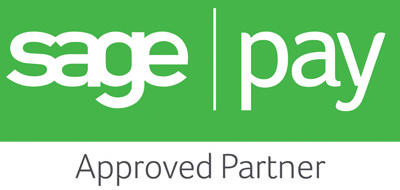What's The Most Accurate Metric For Predicting Long Term Success?
As marketers we use a variety of metrics to analyse and predict how well a brand or product is performing. Measuring social media buzz and sentiment can go some way to providing insight, but it can be unreliable; people tend to talk about luxury brands much more than the ones they intend to purchase, so while someone might talk about Porsche, they're more likely to buy a Ford or Kia, for example.
It's also worth noting that people can be quite hard on the brands they purchase from, so while someone might be disparaging about a particular brand of electronics, or a clothing brand, they aren't any less likely to purchase than someone who is not saying anything negative about the brand (or who isn't saying anything at all). The initial buzz of a new product launch, or the endorsement of a celebrity can set social media metrics aflutter, but this doesn't translate in any meaningful way to more sales in the long term, and sometimes not even in the short term if it is a high ticket item.
This means that while a product or brand might get off to a good start and may command a large portion of the social media buzz (sometimes called share of voice) this isn't a reliable indicator of short or long term success. When we look at share of search, however, the data tallies much more neatly with market success, with 40% of the impact of a search engine marketing campaign (and good SEO strategies to back up the organic share of search) is felt in the short term, and 60% is felt in the longer term – the two years after the initial campaign.
As a way of predicting success this is quite accurate, so if you have a large share of the search for your particular industry or product you can be confident of long term success. For local businesses it's important to look at your share of search for your keywords and your geographic area, as this is where you operate. Businesses which operate globally, or across a whole country, need to look at their share of search at a much higher level to see how they are positioned in the market.
If you don't have a large share of the search for your industry or keywords it's vital that you gear marketing activities towards increasing this, as analysis conducted by Adam&EveDDB clearly shows a direct correlation between your share of search and your success. Paid search advertising campaigns can work really effectively for getting that initial boost and for getting your name out there, and these campaigns give data in almost real time, allowing you to fine tune your message. Organic search engine marketing can take longer, because you're having to wait for Google to run their updates and you also need to predict what criteria they will be looking for to determine your page rank on the search engine.
Organic search engine marketing should ideally be done as a continual project, with new content frequently added to your site and strong links made with other relevant sites which lend credence to your website as well as looking after the technical aspects of your website that Google deems important.It may not have the immediate impact a paid search campaign has, but we're looking at long term success here, rather than the instant gratification a paid campaign brings. When you consider that you want to not only increase your share of search but keep it at that level it makes perfect sense to create a strong organic search strategy which will continue to perform and provide customers year after year. You can boost this by running some paid search campaigns alongside your organic activity, but it is vital to pay attention to both if you want to be confident of long term success.
